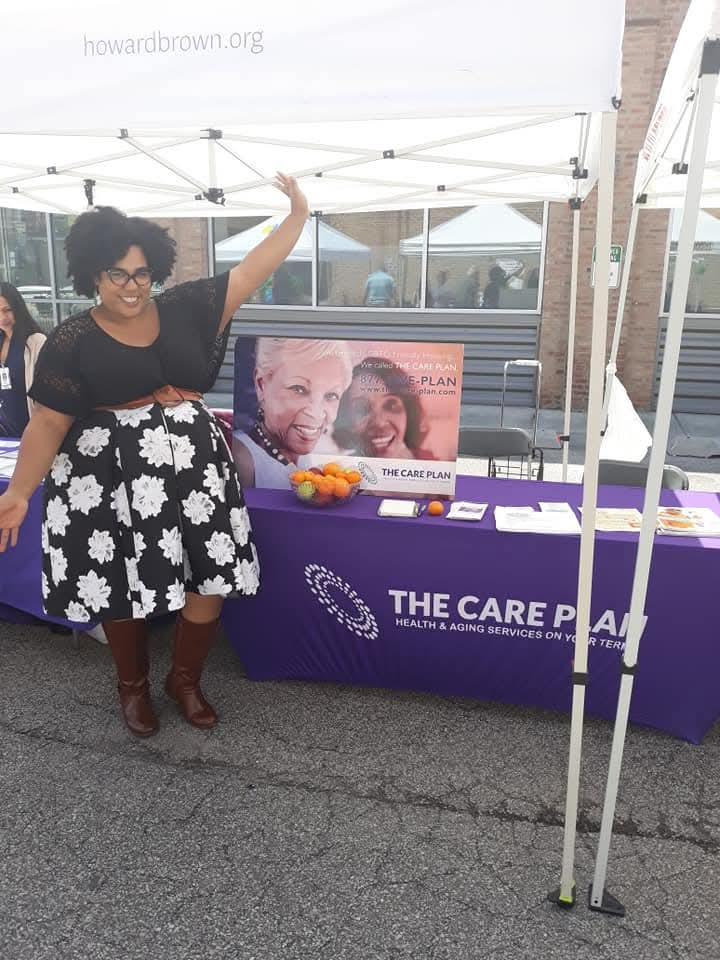We caught up with the brilliant and insightful Jacqueline Boyd a few weeks ago and have shared our conversation below.
Jacqueline, thank you so much for joining us today. Let’s jump right into something we’re really interested in hearing about from you – being the only one in the room. So many of us find ourselves as the only woman in the room, the only immigrant or the only artist in the room, etc. Can you talk to us about how you have learned to be effective and successful in situations where you are the only one in the room like you?
In many ways I have always been the ‘only me’ in the room. I grew up as a biracial child in a very small town which was overwhelmingly white. My mother is white and my dad is black, so we definitely stood out, everybody knew us. It felt like growing up in a fishbowl, but definitely taught me how to carry myself, communicate for understanding or to demand respect, and learn the things I wanted to know about the other half of my cultural background. It was both isolating and emboldening. When there’s no other standard you fit into, you have to create your own standard.
As an entrepreneur, I felt similarly isolated the first few years of the business because it took awhile to meet my people and create an aligned community. As a black queer woman passionate about caregiving + aging, most of the rooms I was in were focused on business referrals, networking and that was primarily dominated by white men. White men are not the demographic who typically provide the direct care to older adults, it’s women, often the eldest daughter. Likewise the people in those rooms were focused on making money, and I was really a business owner because I wanted to self fund care for my LGBTQ+ and black communities. I learned how those men played the game and built their businesses, observed and in my strategizing I centered the needs of those I hoped to serve. Then I only focused on building business with them and left those rooms that didn’t ‘get’ what I was trying to do. This made all the difference. We are here 10 years later because we centered our community and they supported us.
I also say I learned everything I needed to know about leadership from being a caregiver from the time I was 18. Caregivers have to be really present in their work, trouble shooting what is coming ahead, comforting and provide clear goals and recognition of progress. Those lessons and many more have shaped what I call “compassionate leadership”, the style I use to motivate and support our team of contributors.
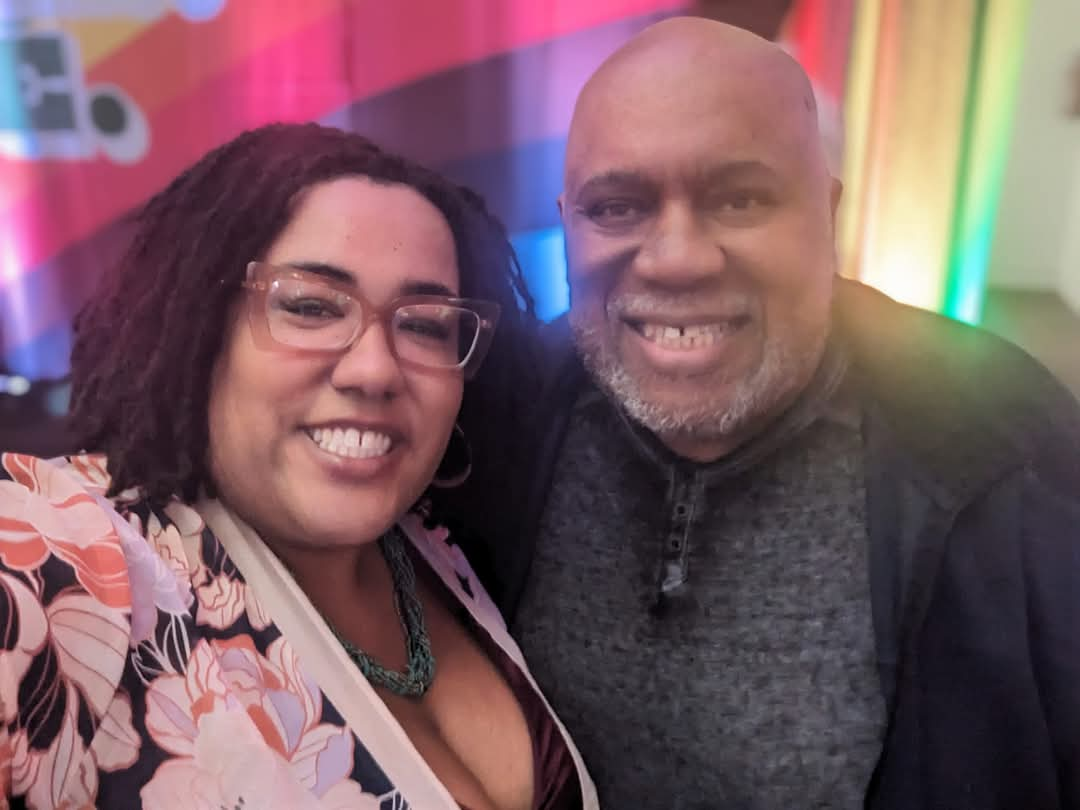
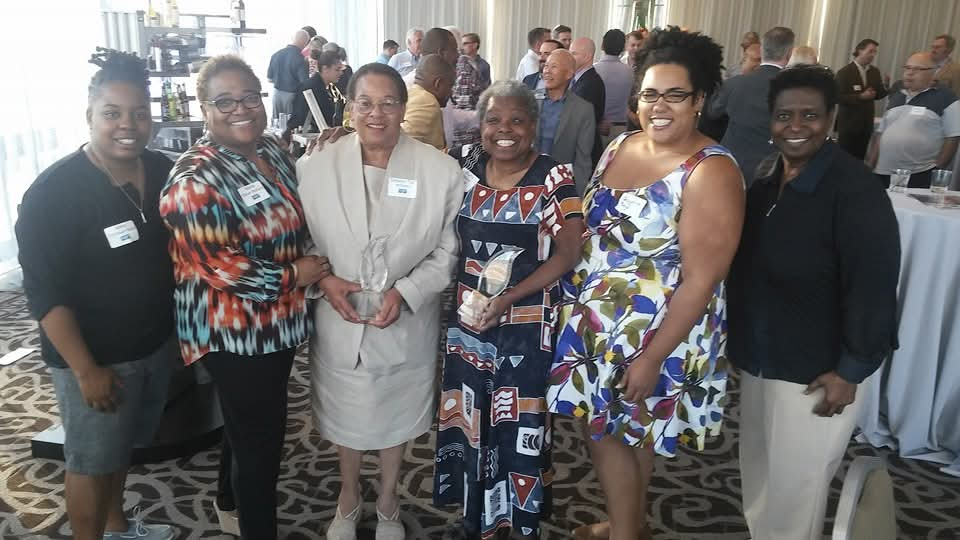
Let’s take a small detour – maybe you can share a bit about yourself before we dive back into some of the other questions we had for you?
This is from the website ‘Our Story’ section, it was easier than trying to rewrite it. But I’m happy to add anything you feel is missing.
As anyone who has tried to coordinate care for a loved one can tell you, health and aging systems often make it difficult to find accurate information and feel confident that you are making the right decisions.
Inspired by years of personal and professional caregiving, in 2015 Jacqueline Boyd founded The Care Plan. The goal was to provide 1-on-1 services to individuals and families in need of trustworthy and compassionate care navigation. Jacqueline had gained intimate knowledge of how to best advocate through her experiences as a Certified Nursing Assistant, a social worker, and a home care administrator. She also had observed that while aging is challenging for most people, historically marginalized communities experienced invisibility and a lack of resources that needed to be addressed. As a long-time advocate for LGBTQ+ and black and brown communities, Jacqueline knew The Care Plan had to be grounded in intersectionality and inclusivity. Pairing her knowledge of aging with her years of LGBTQ+ activism, Jacqueline created The Care Plan vision of health and aging on your terms.
We care deeply about the wellness of our clients & strive to be of comfort to them.
Over time, as clients began to share the difference that having an advocate by their side made, The Care Plan grew. We’ve since built a multi-generational, interdisciplinary team of knowledgeable Care Navigators who strive to ensure quality of life for our clients. We have diverse professional backgrounds in nursing, social work, occupational therapy and more. We care deeply about the wellness of our clients and strive to be of comfort to them. We work as a team to find tailored solutions for complex situations.
We’ve leveraged our culture of care to support our non-profit, corporate, & healthcare clients.
You might be wondering how or why a care navigation company would provide organizational training and facilitation services. For our team, it has been an organic journey. Jacqueline started by speaking and educating her fellow social workers and nursing community and soon began having opportunities to consult on LGBTQ+ and older adult projects and program design. This area of the business has grown as we’ve leveraged our culture of care to support our non-profit, corporate, and healthcare clients.
Now, The Care Plan continues to provide excellent advising and support to our care navigation clients, while expanding our commitment to equitable care for all on a larger scale through our consulting services. Thank you for spreading the word about The Care Plan, and for collaborating with us to build better care for you, your loved ones, and our shared communities.
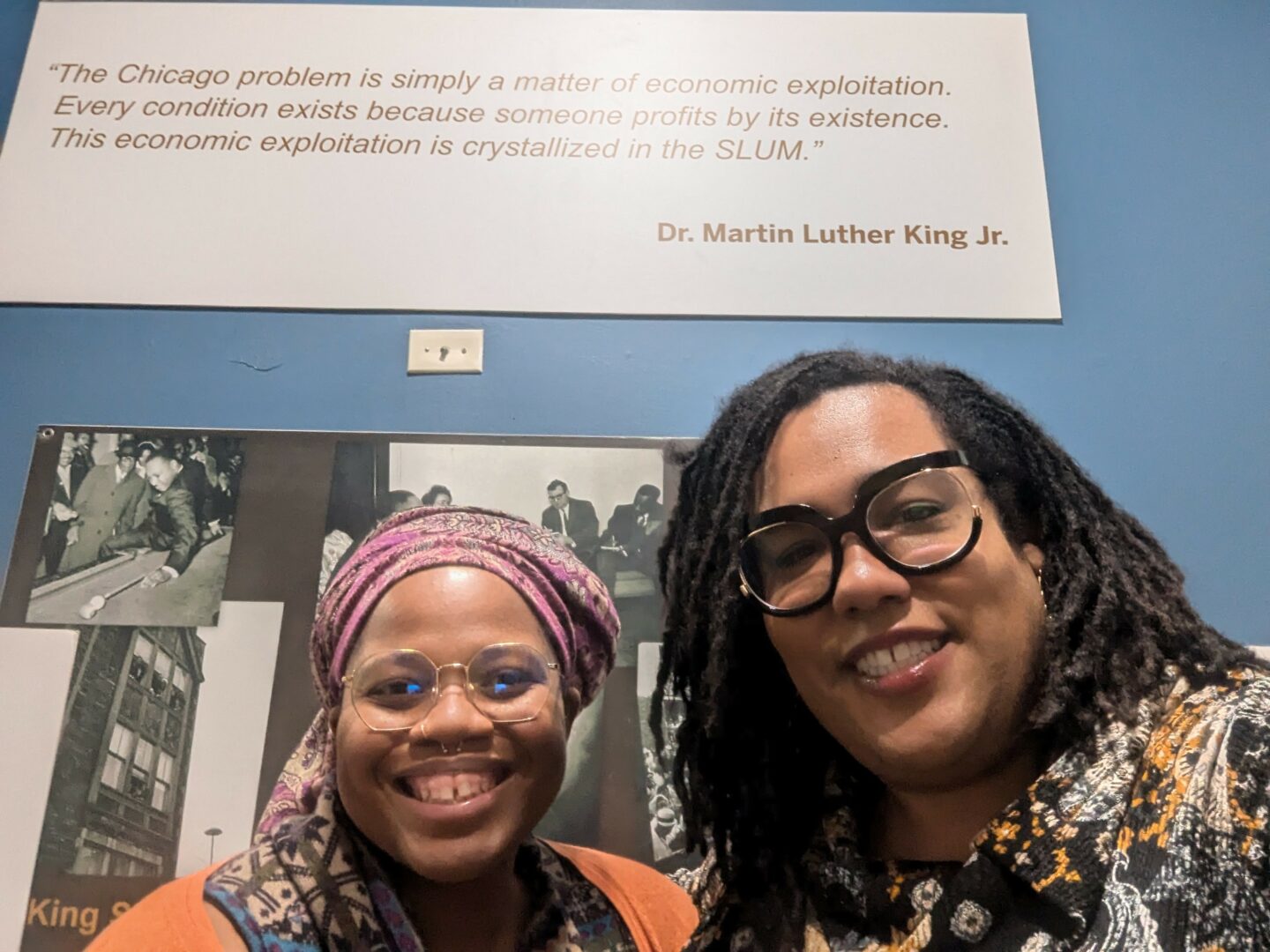
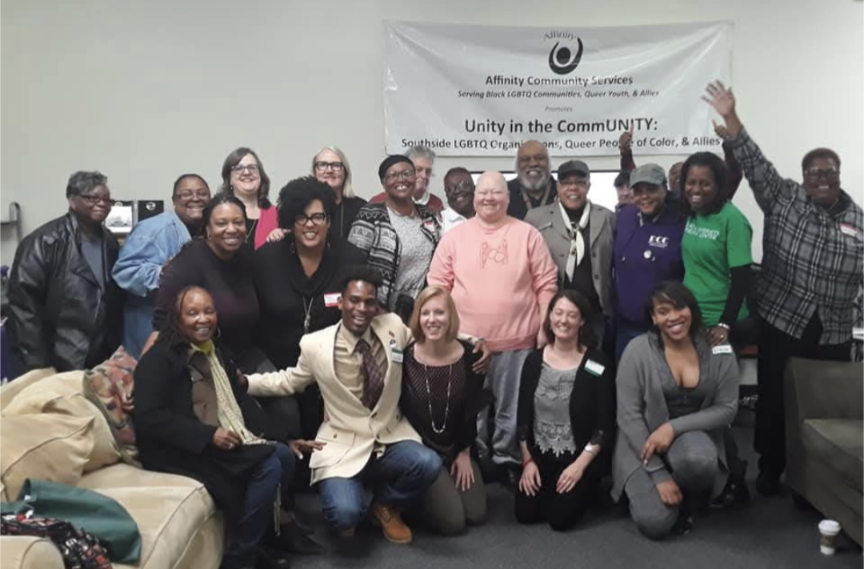
There is so much advice out there about all the different skills and qualities folks need to develop in order to succeed in today’s highly competitive environment and often it can feel overwhelming. So, if we had to break it down to just the three that matter most, which three skills or qualities would you focus on?
If you are early in your journey I encourage you to take yourself seriously and actually try. Don’t be deterred by thinking it’s too hard, you don’t have the skills or uncertainty about whether people will want what you have to offer. Every business that exists was started by a person just like you.
1) The confidence to learn any area needed to start and lead the business. I joke that I gave myself an MBA via YouTube because I was a social worker and doing mostly client care. I needed education on everything from creating a business plan, to determining the right legal structure (LLC, vs. S Corp, etc) to understanding and creating a sales funnel. Daunting, but I started listening to a wide variety of experts while I was still at my old job to start to skill up and get familiar with these concepts. It was great because I saw there’s not 1 right way to do things. Look up 5 business plans and take the elements you like to create your own. When I have a question I still go to YouTube first because I can hear perspectives from different industries and experts. For example, when trying to understand the current AI climate, I listen to everyone from AI ethics specialists, AI creators, Fortune 500 company chiefs, and grassroots activists. This helps me to understand many angles and develop the policies + practices that are right for us.
2) Trusting my intuition and creating time to plan/strategize and let it marinate. I’ve written a new business plan every single year, and it is an incredibly helpful process. From October – December I’m focused on higher level strategies, imaging the future of the business, reflecting on lessons learned and opportunities, etc. It is wonderful to be able to look back and see exactly how we’ve grown. Another example is paying attention to what is really difficult in your work. Entrepreneurs are ideas people. But failing forward is a helpful reminder, that not every idea is going to be successful. Sometimes you’ll have an idea whose time hasn’t come yet, or it’s just not what clients want. My favorite question when I feel stuck or frustrated is, “Is the blessing on it?” Meaning, does it have the flow, can you feel the progress and momentum building? If not, the blessing might not be on it and you’ll just keep spinning your wheels and working hard to end up with a poor or mixed end result.
3) My community is the reason for our success. I am a community activist at heart, my family has always been committed to being good citizens and giving back. In The Care Plan we have pioneered a new model of organizational leadership. I call it a self funded non profit because we are able to provide services to clients who need free and sliding scale resources without external funding like grants, venture capital or donations. I’m extremely proud of this because when I started, it was my community that helped financially through an online fundraiser, we raised approximately $2500 and that is what the business was built on. We try to offer things that community needs, like the day of Caregiver Education + Support https://www.eventbrite.com/e/empowered-caregiving-a-day-of-support-education-tickets-1144648557649 that we just hosted in February. Our LGBTQ+ community has been very supportive of our work, refers to us frequently, and embraces our philosophy of aging with intention and connection.
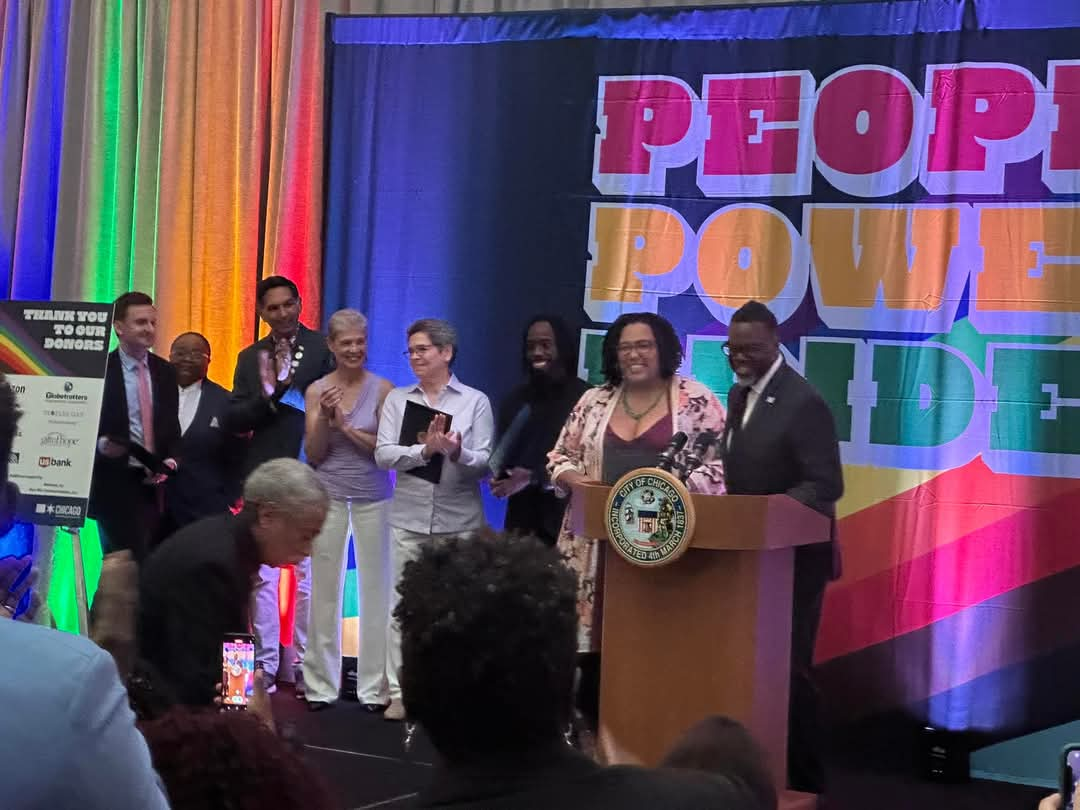
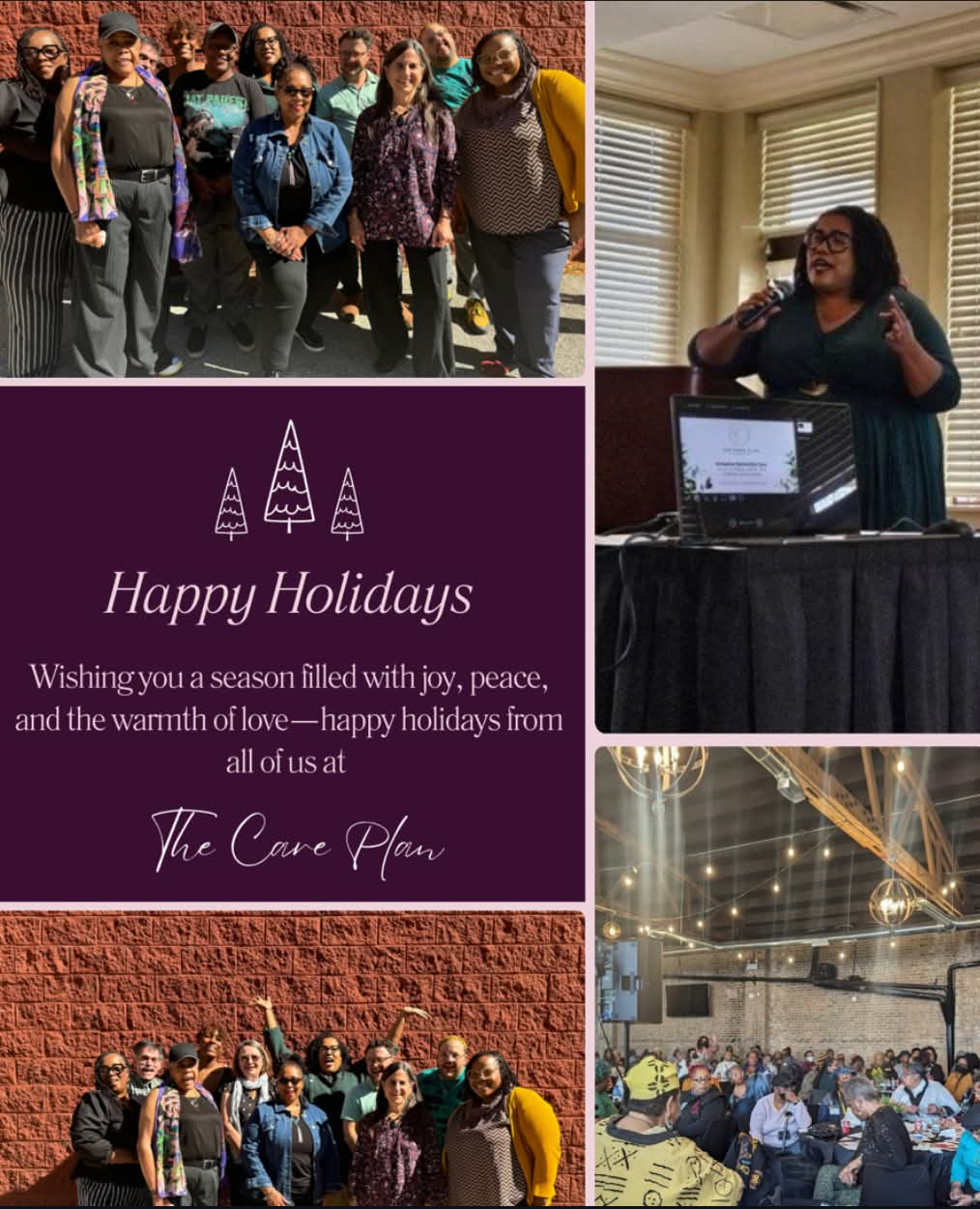
As we end our chat, is there a book you can leave people with that’s been meaningful to you and your development?
A business coach told me to read Secrets of the Millionaire Mind by T Harv Ecker. It took me 6 months to open it and another 6 to read it because I hated the title and didn’t want to focus on becoming a millionaire, just doing good work and making enough to sustain myself. However the title is misleading, inside the most helpful tip was to work through your ‘financial blueprint’. Your financial blueprint is comprised of all the ideas/attitudes/beliefs you hold about money. Most of us don’t examine this, the messages and experiences from childhood, high school, college etc. that shape how we feel about money. For example, in social work (both classes + at my first job) I heard repeatedly things like ‘well nobody does this to make money’, ‘we know nobody is getting rich as a social worker’. That shapes what you expect for yourself. And of course keeps you powerless or stuck in unhelpful cycles. Why shouldn’t social workers make money? They are doing some of the most important work in our society, just because it’s not compensated well doesn’t mean that will be everyone’s experience. But it was a part of my financial blueprint I had to haggle with in order to grow the business to the size it is now. It’s still something I’m working through and I re-read that book about every 3 years to get a refresher on how to change my thinking about money.
Contact Info:
- Website: https://www.the-care-plan.com
- Instagram: @jacqueline.thecareplan
- Facebook: https://www.facebook.com/thecareplan
- Youtube: https://www.youtube.com/channel/UCt8LZLus7MtiNiZHPJs5X5g/videos
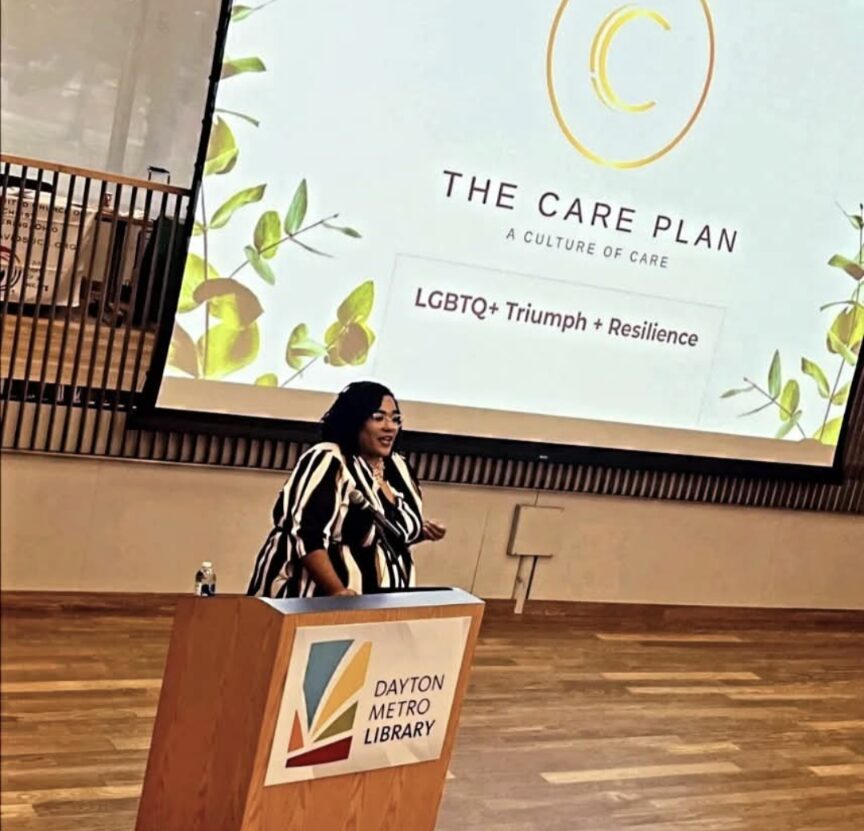
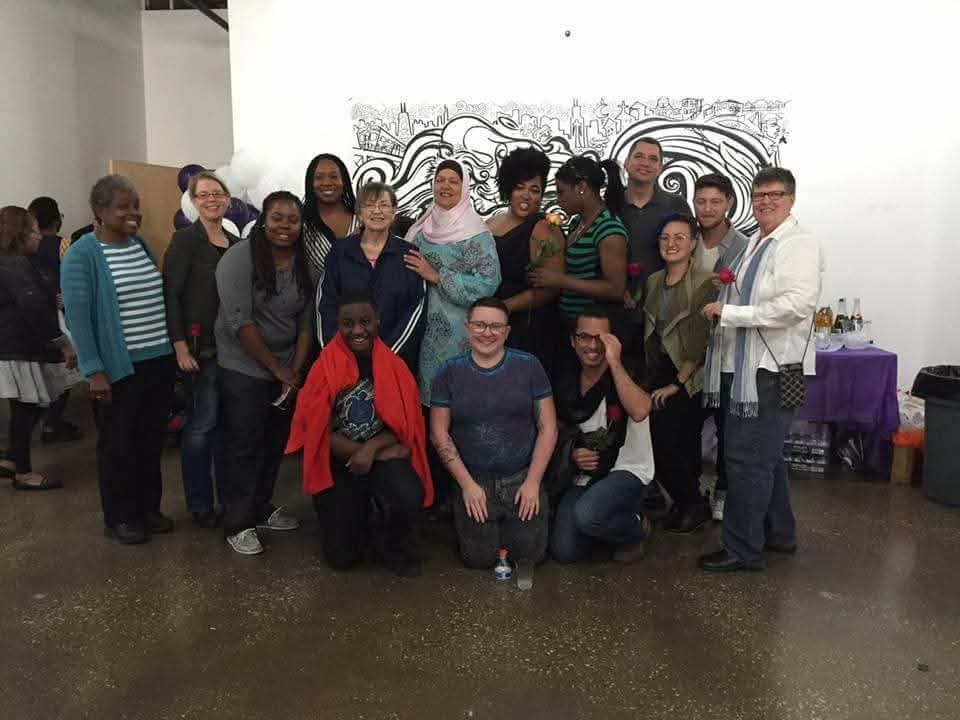
Image Credits
No credits – all photos taken by myself or team members
so if you or someone you know deserves recognition please let us know here.

